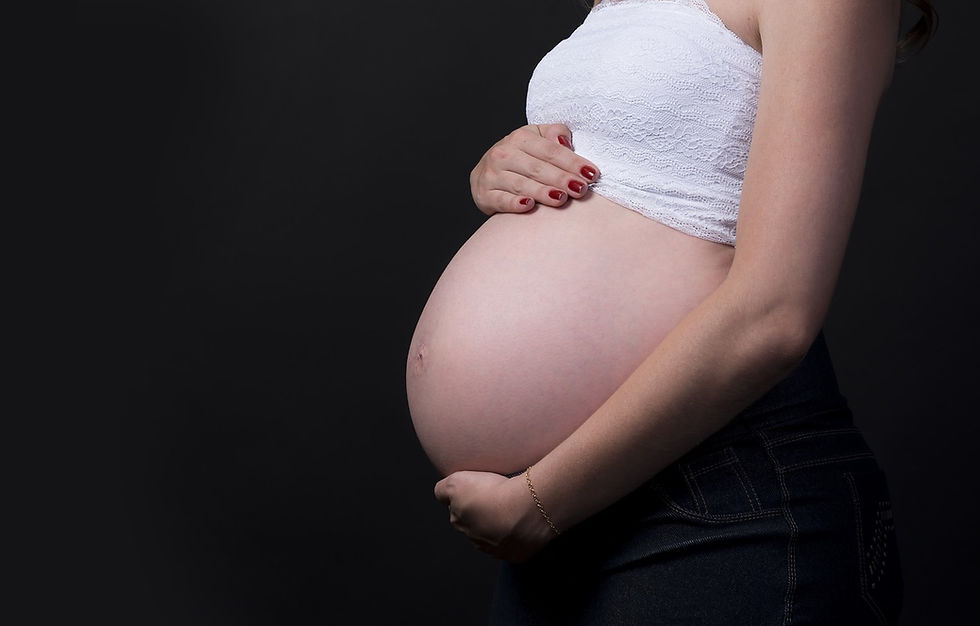Examining the link between perinatal diet, depression, and antidepressant use
- SAS Research Team

- Jul 19, 2022
- 1 min read
The correlation between diet and depressive symptoms has become a focus in psychological and pharmacological treatment of perinatal depression. Studying the effects of antidepressants on diet has also come to the forefront of research.
Galbally et al. conduct a study using 442 women in the early stages of pregnancy, until 12 months post-partum. Methods used include Structured Clinical Interviews, dietary intake questions, the Edinburgh Postnatal Depression Scale, and recorded use of antidepressant medication in the final trimester and post-natal periods.
The study concluded that currently depressed pregnant women with untreated symptoms are more likely to eat unhealthy food compared to their counterpart taking antidepressant medication. It was found that unhealthy food intake increased from the late stages of pregnancy to postpartum.
Overall, consumption of unhealthy food was linked to depression; however, those participants with antidepressant medication showed comparable eating habits to the healthy controls.
Further research is recommended for studying the link between depression treatments, depressive symptoms, and dietary behaviours.
Citation:
Galbally, M., Watson, S. J., Boyce, P., Anglin, R., McKinnon, E., & Lewis, A. J. (2021). Maternal diet, depression and antidepressant treatment in pregnancy and across the first 12 months postpartum in the MPEWS pregnancy cohort study: Perinatal diet, depression and antidepressant use. Journal of Affective Disorders, 288, 74–82. https://doi-org.ezproxy.library.uvic.ca/10.1016/j.jad.2021.03.047
Closed Access





Comments